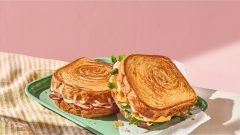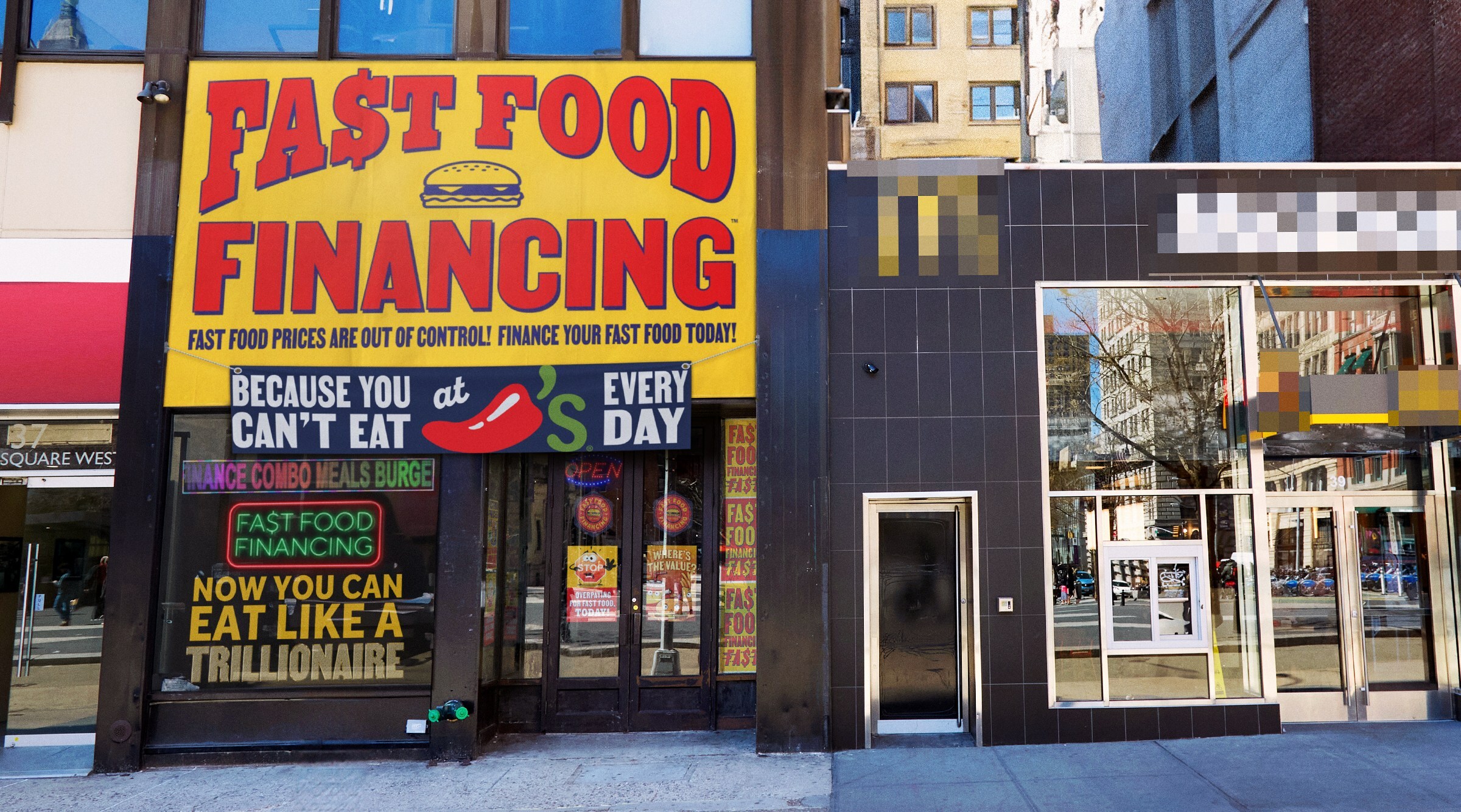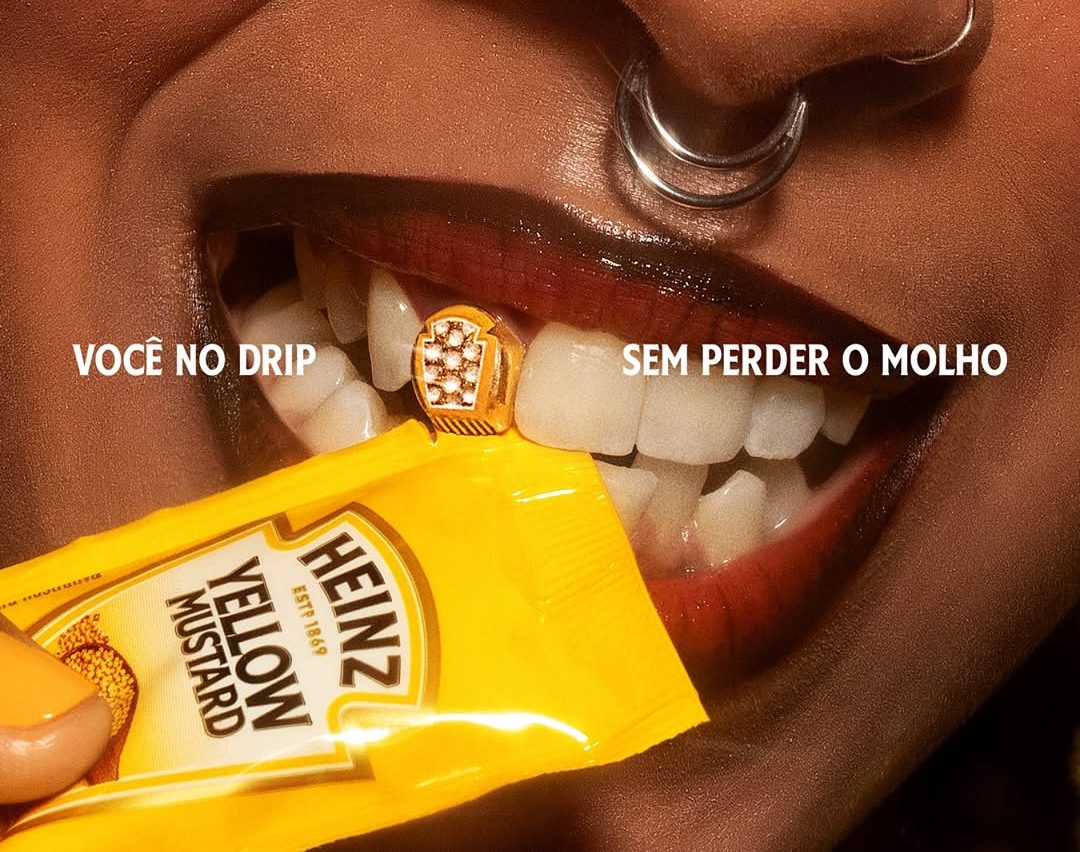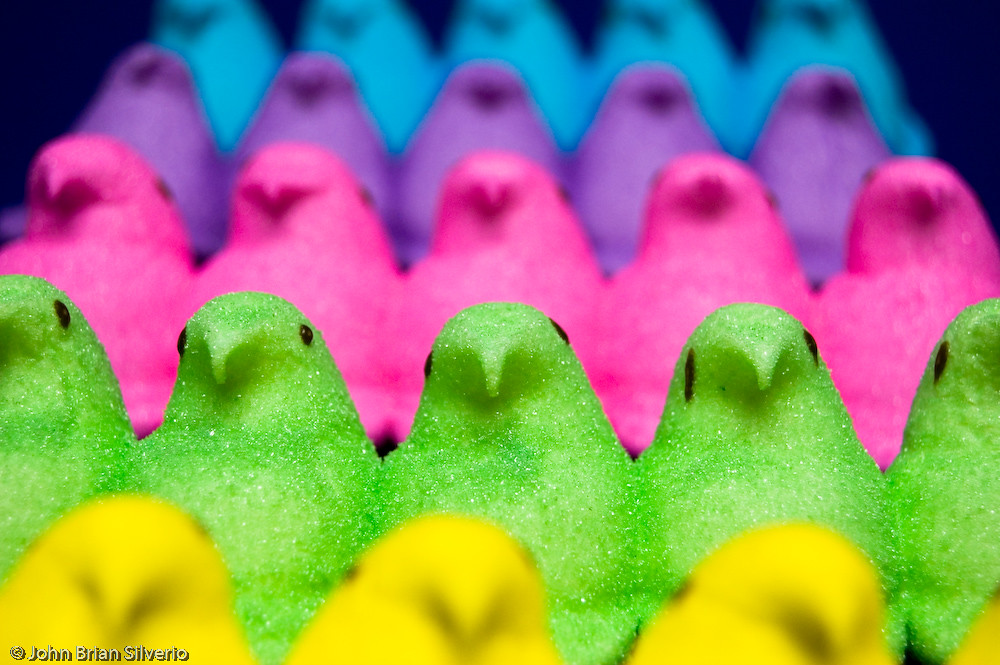The Powerful Food Symbolism in Season 3 of ‘House of Cards’
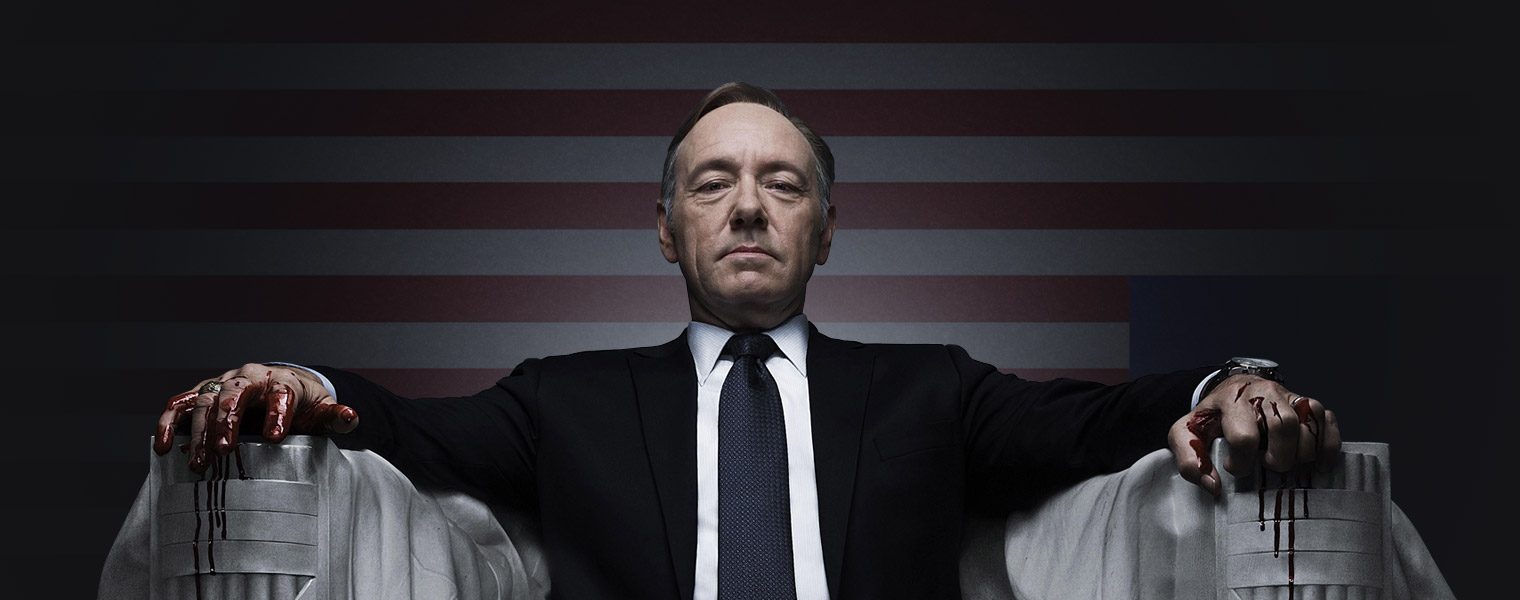
Friday, in the middle of the night, hearts palpitated with excitement as Netflix posted the entire third season of its hit series House of Cards. Based on the trilogy of novels and the BBC mini-series, this season marks a major departure from the US series’ source material, resulting in some haphazard character development for everyone on the show.
Despite the lackluster season, I couldn’t help but notice how much food was used both as a symbol and a weapon, attempting deeper complexities than the pig slaughter analogies of yore.
Sating (and Sedating) Doug
I don’t always have ex-prostitutes try to murder me, but when I do, nothing says “thank you for your service and keep your fucking mouth shut” like a stocked fridge (if that’s what you can call all this healthy food).
Like the flowers the Underwoods (Claire) left for Doug at the hospital, the gesture slowly withers away as he realizes he’s no longer in the inner circle. This seems like a great time to break sobriety, but why do it in a normal way?
Though Doug fully breaks down into drunkenness as the season progresses, he starts courting alcohol again in an interesting way to ensure you’re partaking in exactly one shot of alcohol: a handy, dandy syringe (hooker resembling Rachel Posner not included).
Doug makes sure that the beginning of his descent comes at someone else’s physical hands while he still orchestrates the entire situation. Losing control of his mobility and livelihood makes surrendering control to his addiction that much harder. Opting for a phallic, menacing way to reintroduce this substance abuse asserts his virility while appeasing his desires.
Boozing Up the Secretary of State
Nothing butters up a Cabinet member quite like some good Scotch.
Desperate to get in Cathy Durant’s good graces, Claire goes so far as to play the classiest game of beer pong ever to make her diplomatic partner more pliable.
Cathy giggles her way through their girls’ night, while Claire’s “freed inhibitions” are more notably calculated. Ultimately, the suds go flat, policy agreements bubble over, and Claire’s left with a victory despite losing the game.
We don’t see much manipulation from Claire after this night as she gradually grows some semblance of a conscience.
Boiled Peanuts
Let’s not pretend as though some of us didn’t hear “penis” not “peanuts” and had to rewind the episode a little.
While peanuts are generally indicative of good health and longevity, boiling peanuts results in their saltiest incarnation. Francis successfully tempts Supreme Court Justice Jacobs into trying one, but fails in getting him to leave the bench.
The peanuts are a benevolent symbol, like Francis’s concern for the Justice’s health, but Jacobs knows of the dangerous salt within them and Francis’s proposal.
Bloody Pomegranates
Pomegranates are deeply rooted in the mythologies of numerous cultures for various reasons, but are universally used to represent blood, due to their multitudinous red seeds. This can either be attributed to life or death and was unsurprisingly exploited in a conversation about both between Jackie Sharp and her husband.
Jackie’s doubts about Francis make her political decisions murky, while her husband, a cardiologist, holds no qualms about the consequences of cutting into people, evidenced by his methodical slicing of a pomegranate. The scene and the characterization of the couple suggest that dying in politics is just as bad as physically dying, perhaps worse (a far-reaching tie-in with source material themes).
Eggs Cetera
Of course, I didn’t forget about the goddamn eggs.
In the second episode, Claire’s trying to earn her way into the United Nations (UN) as the US Ambassador, while handling the most obvious symbols of womanhood and fertility the First Lady duty of picking the (painted hardwood) eggs for the White House Easter Egg Roll. She rejects the excessively “feminine” pink egg, but is equally drawn to and perplexed by the black egg, absentmindedly holding onto it on her way to make a concession statement to the press.
Knowing Claire, from her general frigidness to #abortiongate, any viewer could read how easily it strips the construct of femininity away from her. She ultimately gives the egg to Francis.
By the end of the episode, she demands her appointment to the UN, a request that makes her stomach turn. She proceeds to crack two eggs into a pan, frying up her womanhood and First Lady duties simultaneously.
Claire’s desire to work as the US Ambassador is coded as “masculine” ambition, but she acquires the position through nepotism, which highlights her weakness as a candidate and woman. This frustration reaches a tipping point in the season finale, especially when she realizes Francis still has the black egg.
“Felt wrong to throw it out, for some reason.” – Francis Underwood
Francis’s possession of the black egg is representative of how he has held Claire’s biological and career goals captive by his own “masculine” ambition. Additionally, until Claire rediscovers the egg and her agency as a woman, Francis appears to have significant emotional depth. He exhibits remorse and other compassionate traits coded as “feminine” throughout the season.
Although this particular egg is durable, the notion of fragility in its organic counterpart is what humanizes the couple. Thus, by their final argument, gender washes away until they’re only locked in a battle for humanity.
For the first time in the show’s history, I’m not excited about next season, but I have never eaten so many eggs while writing before.
picthx Netflix







